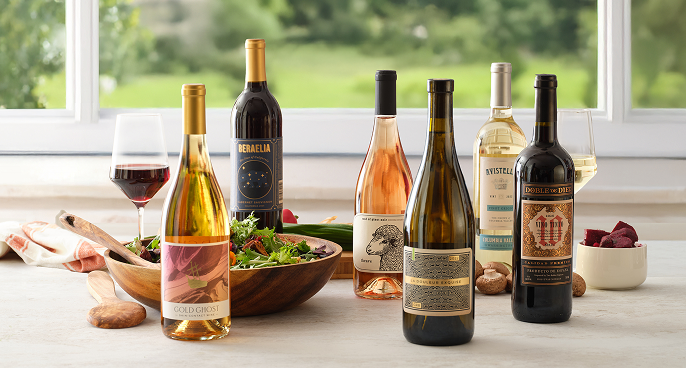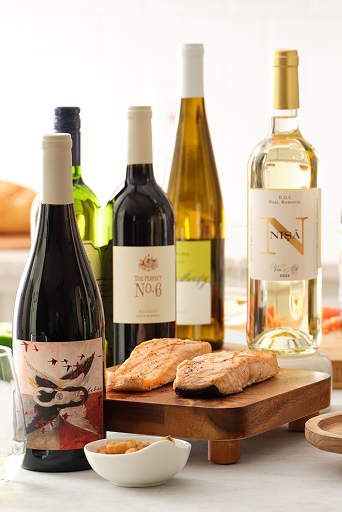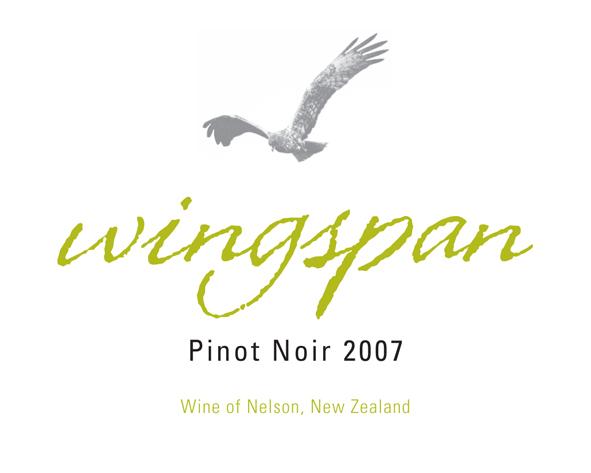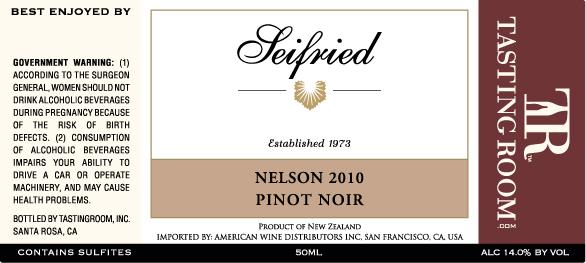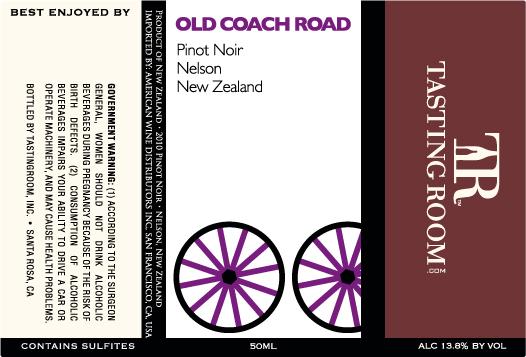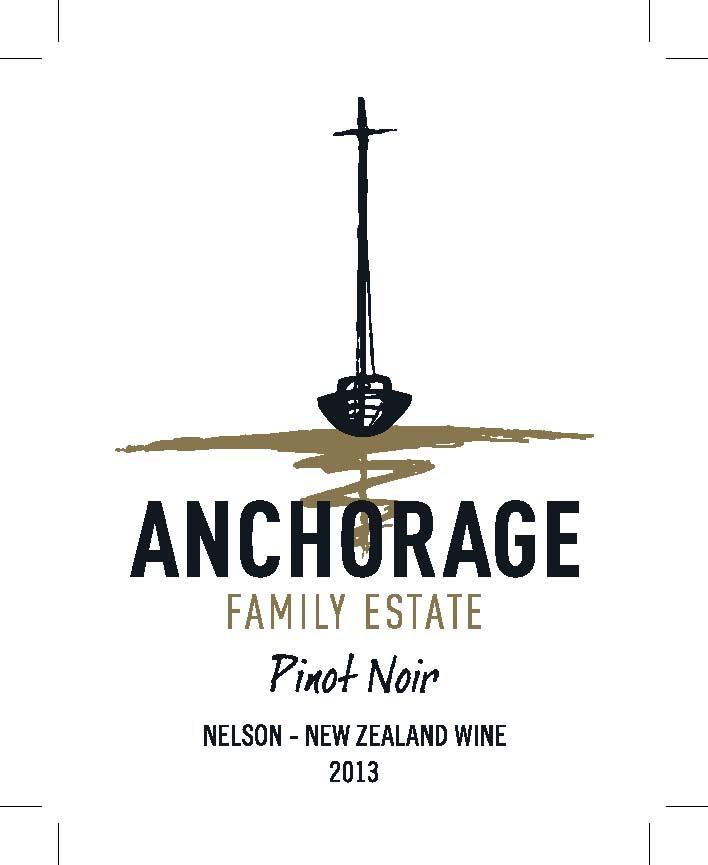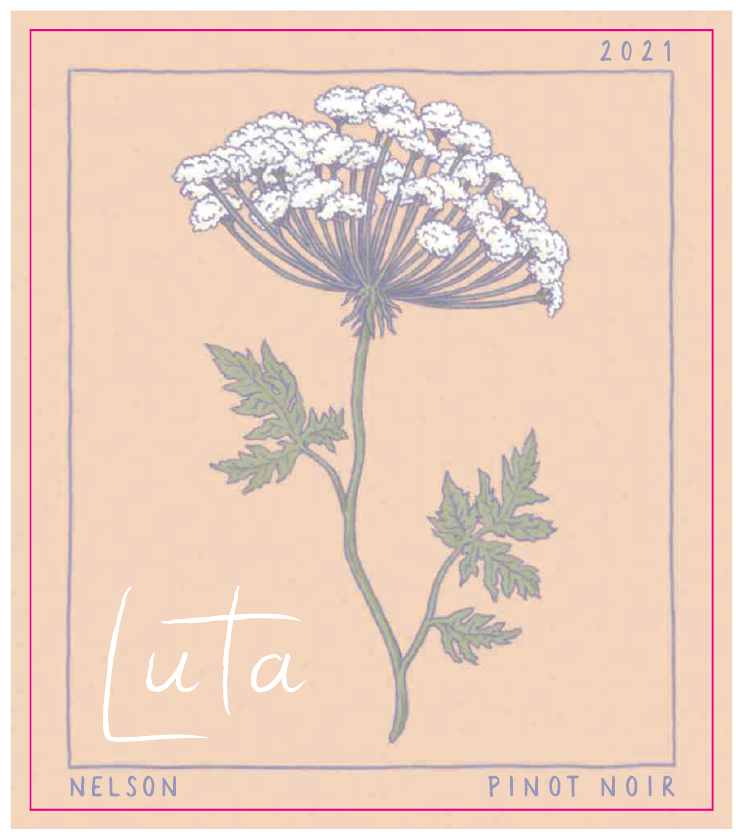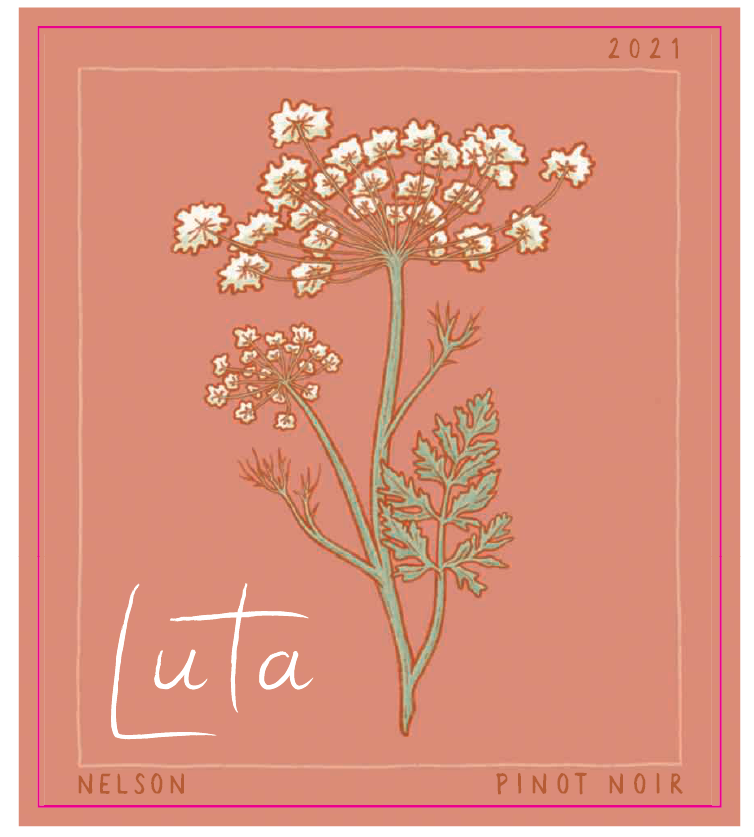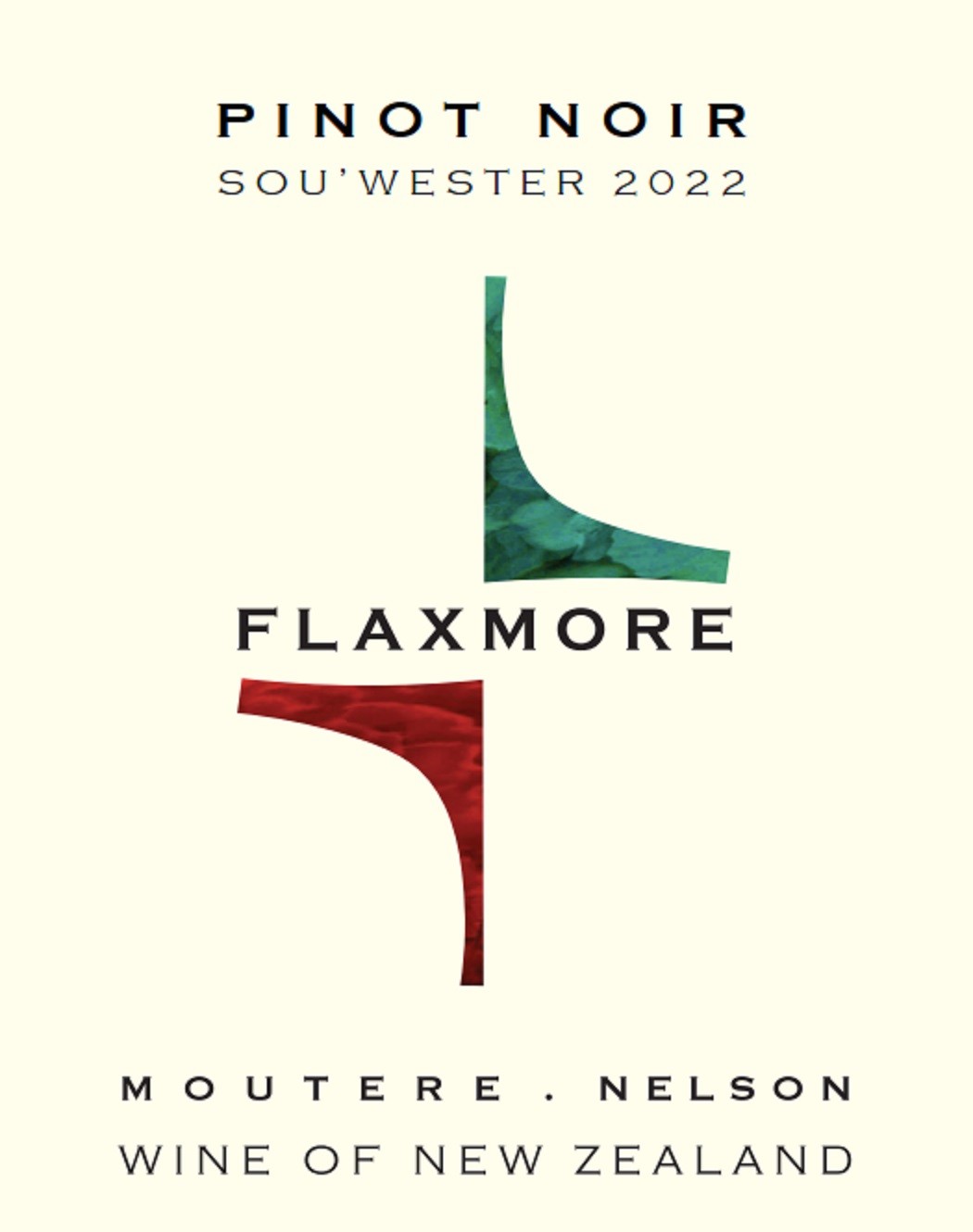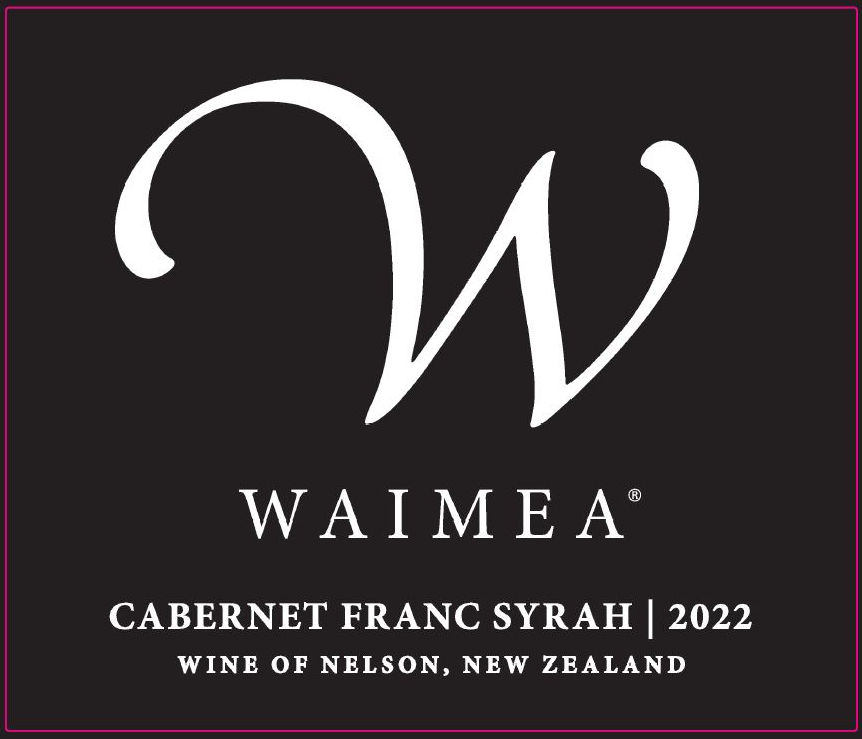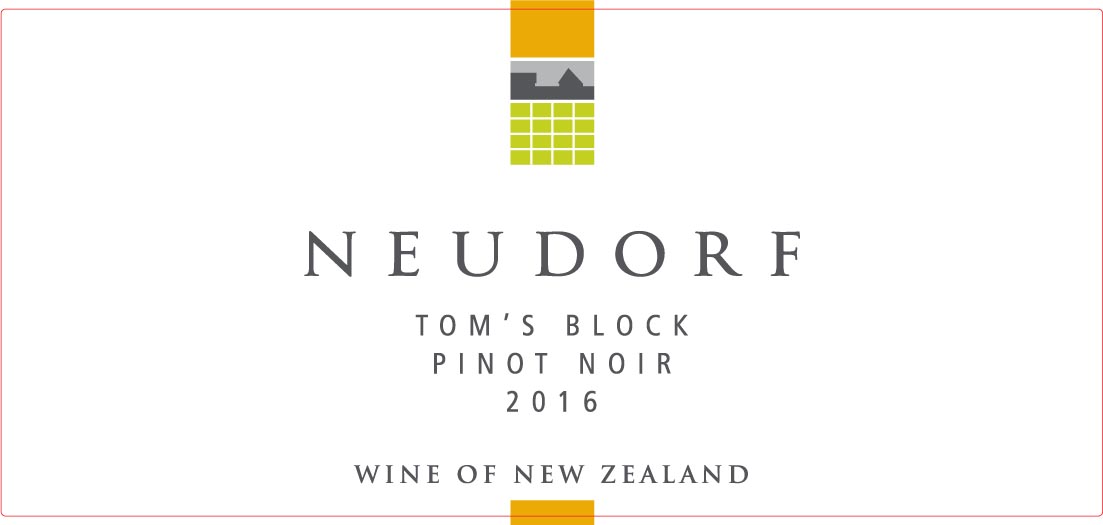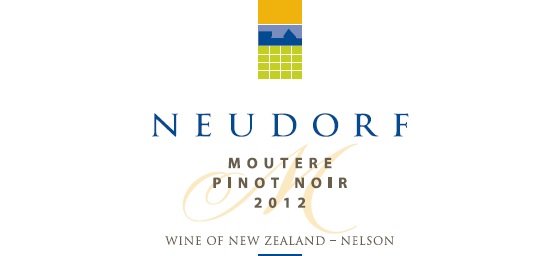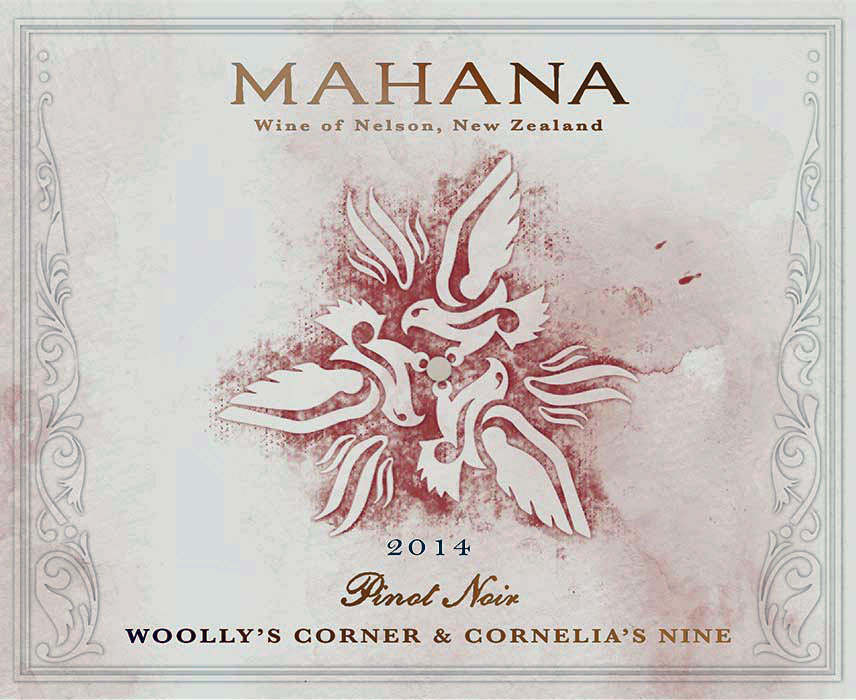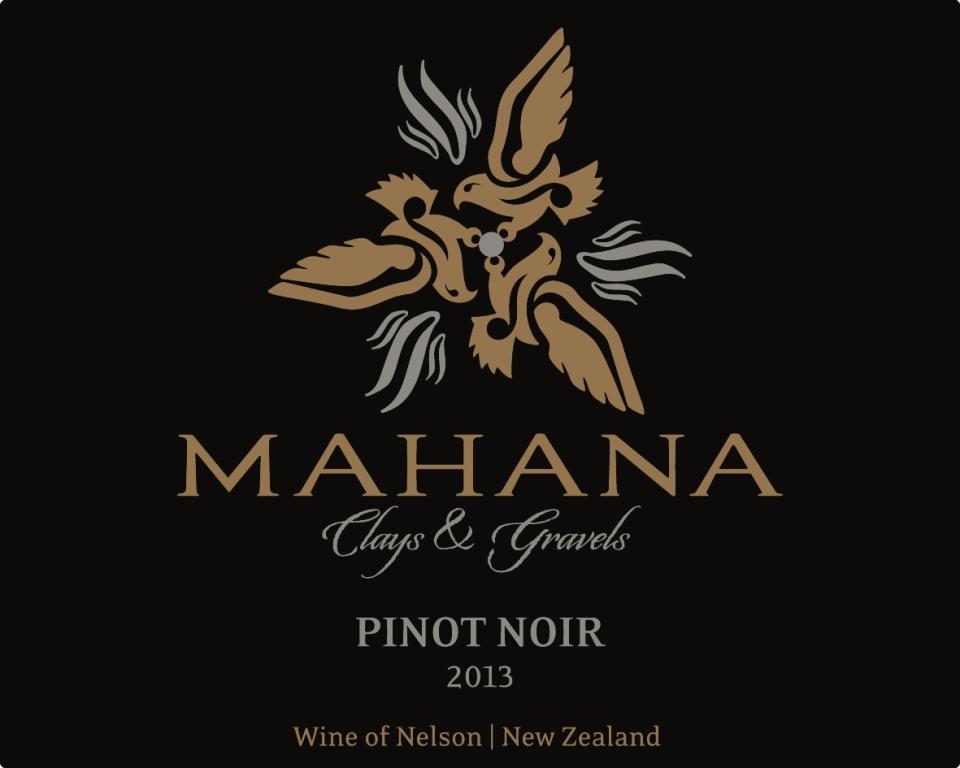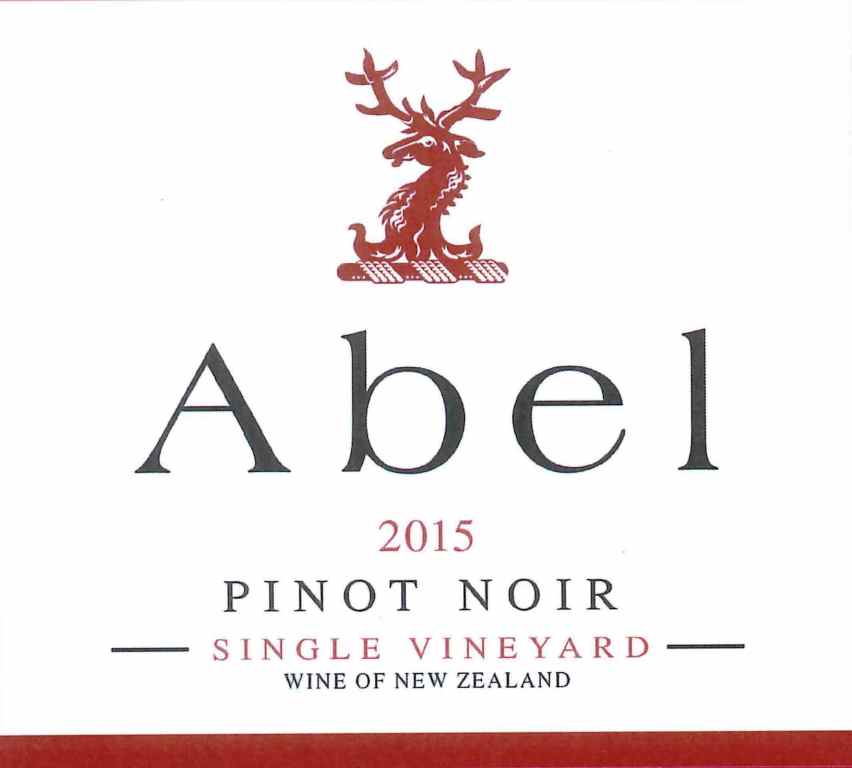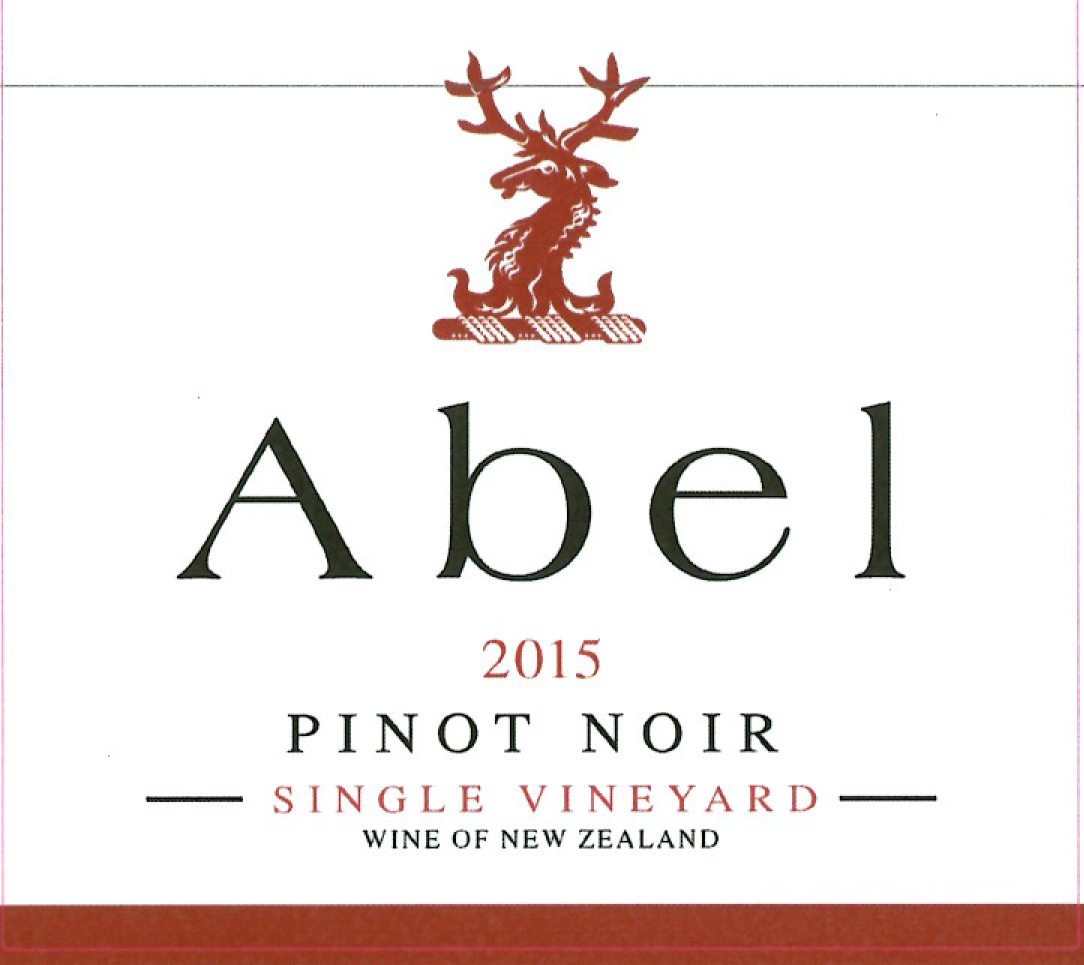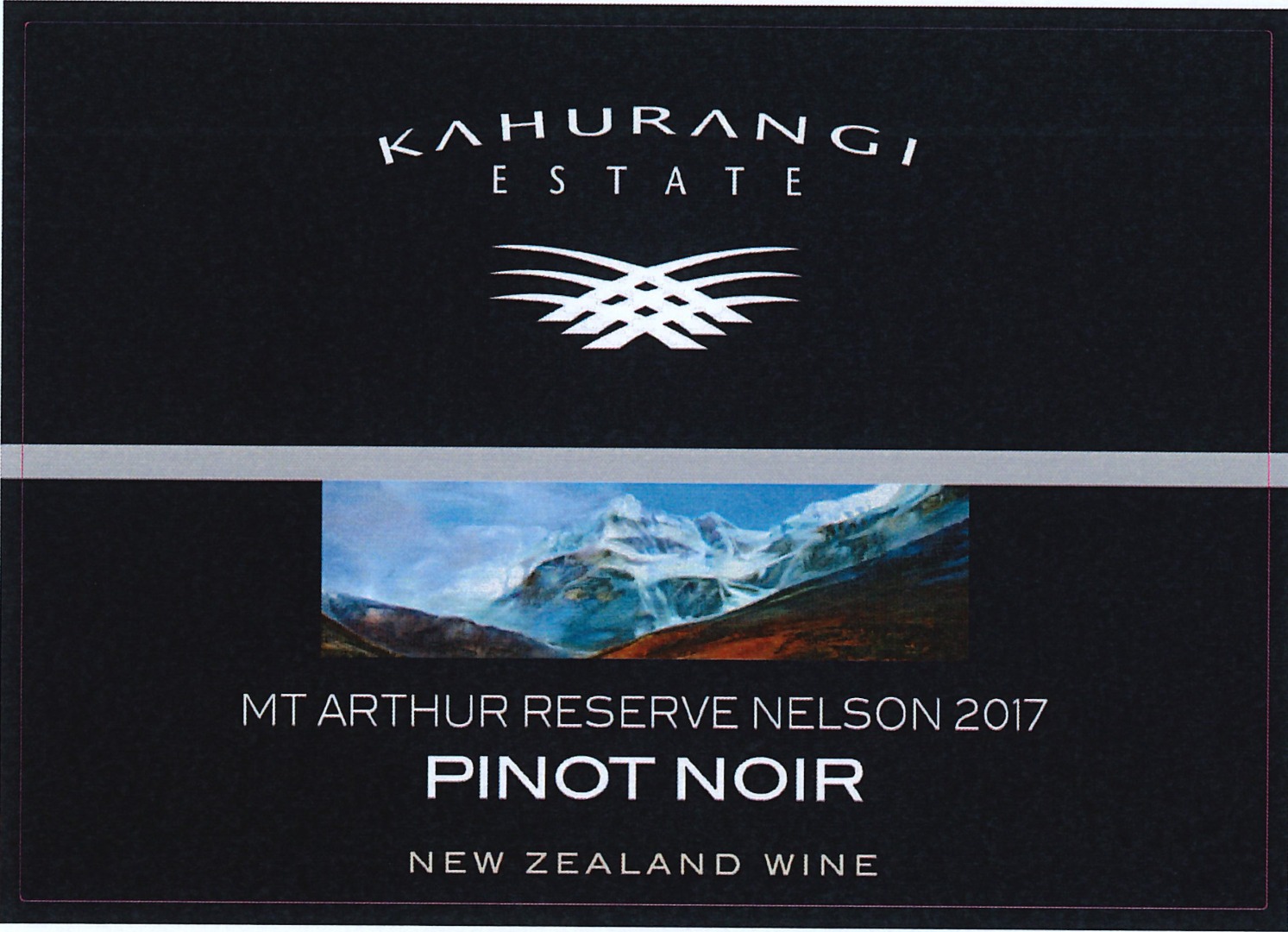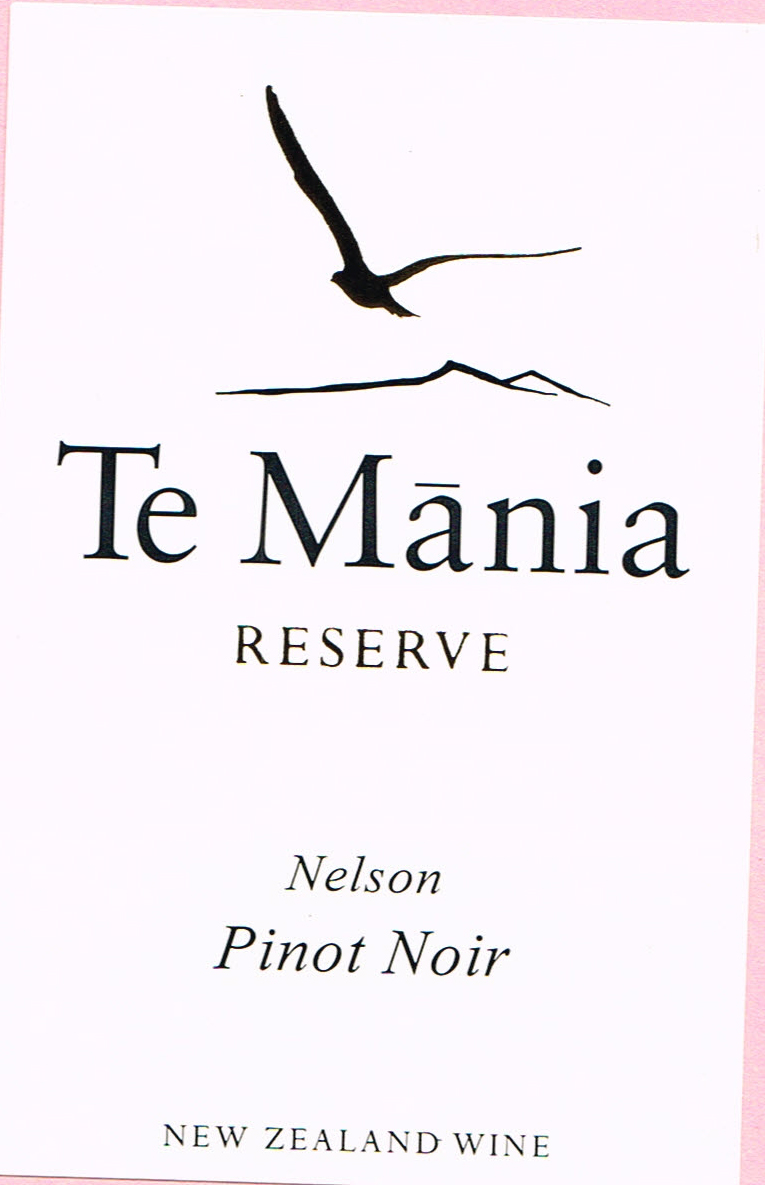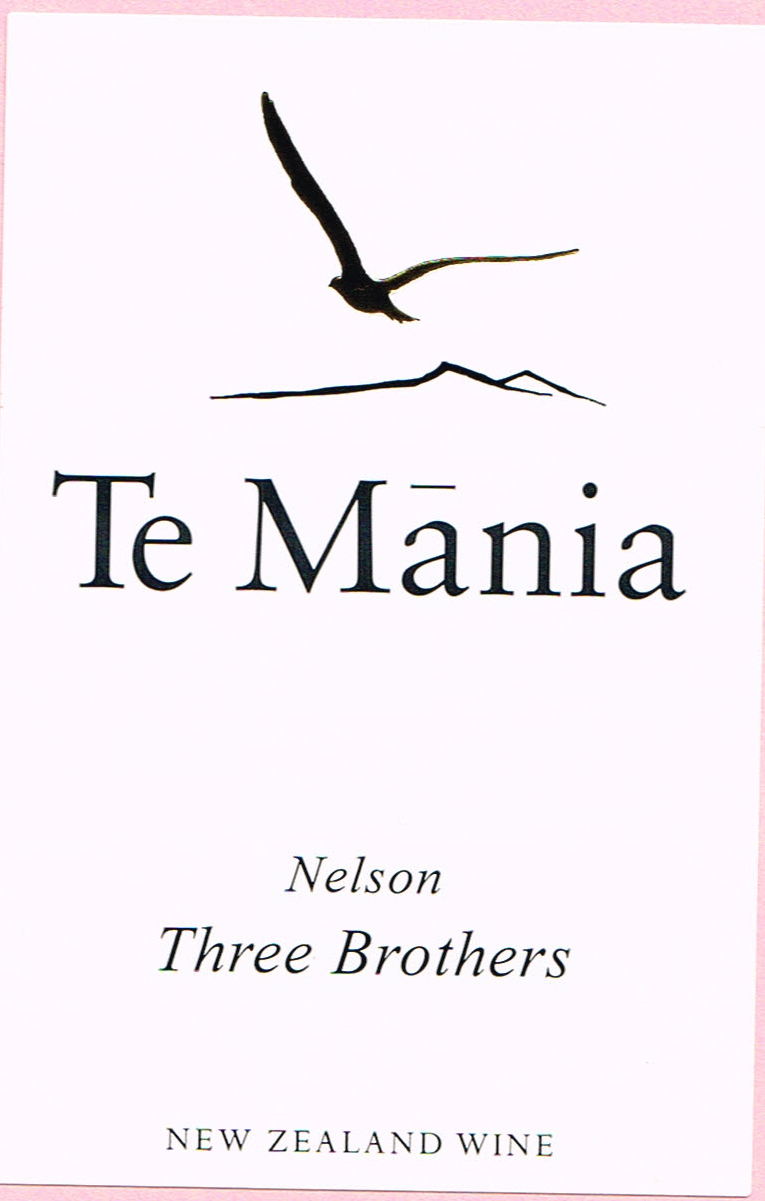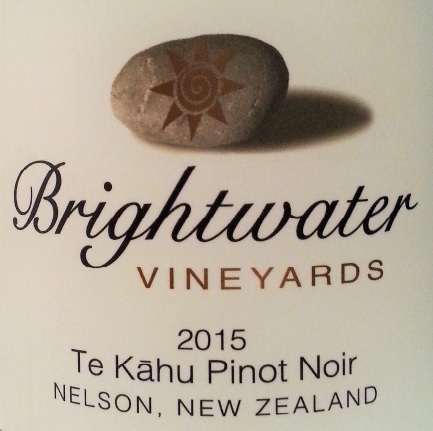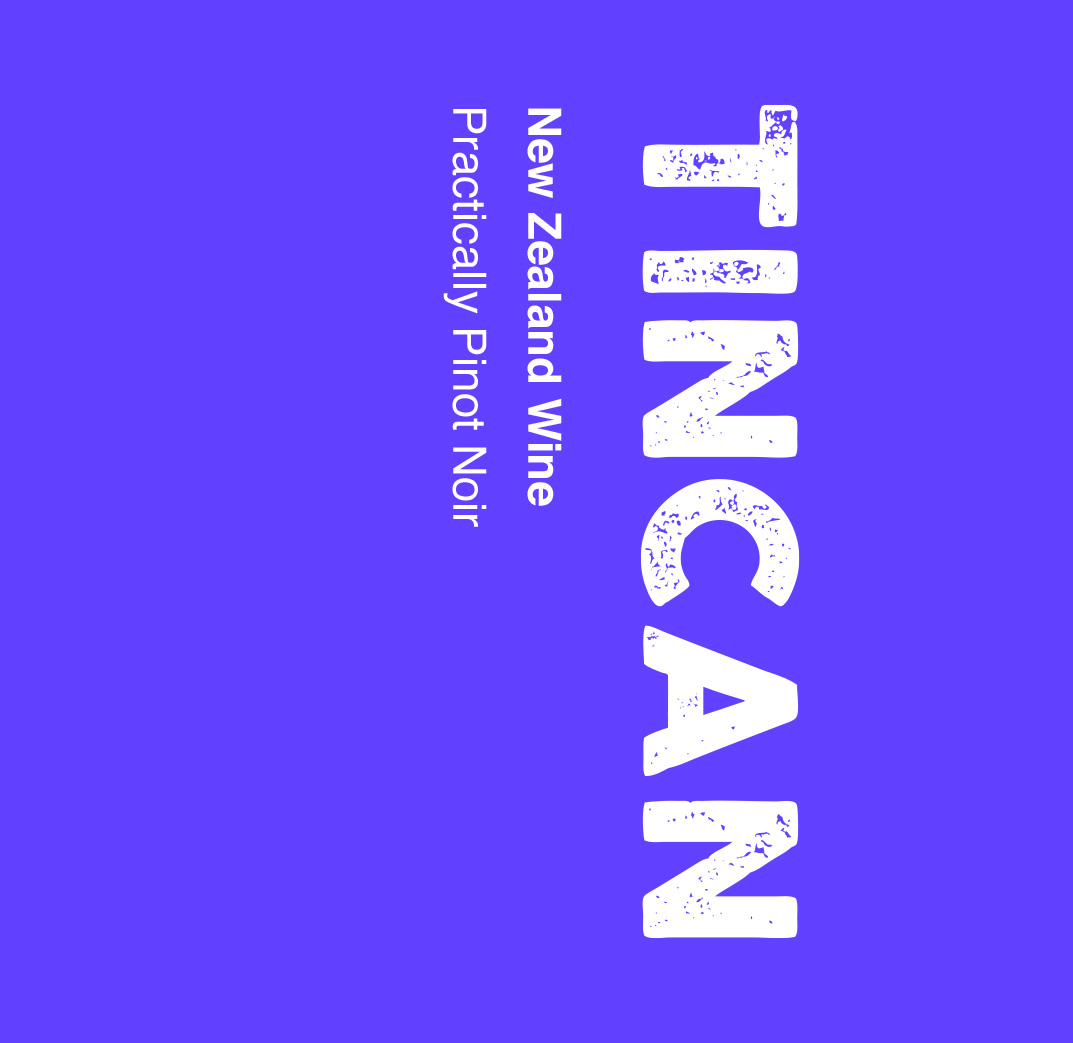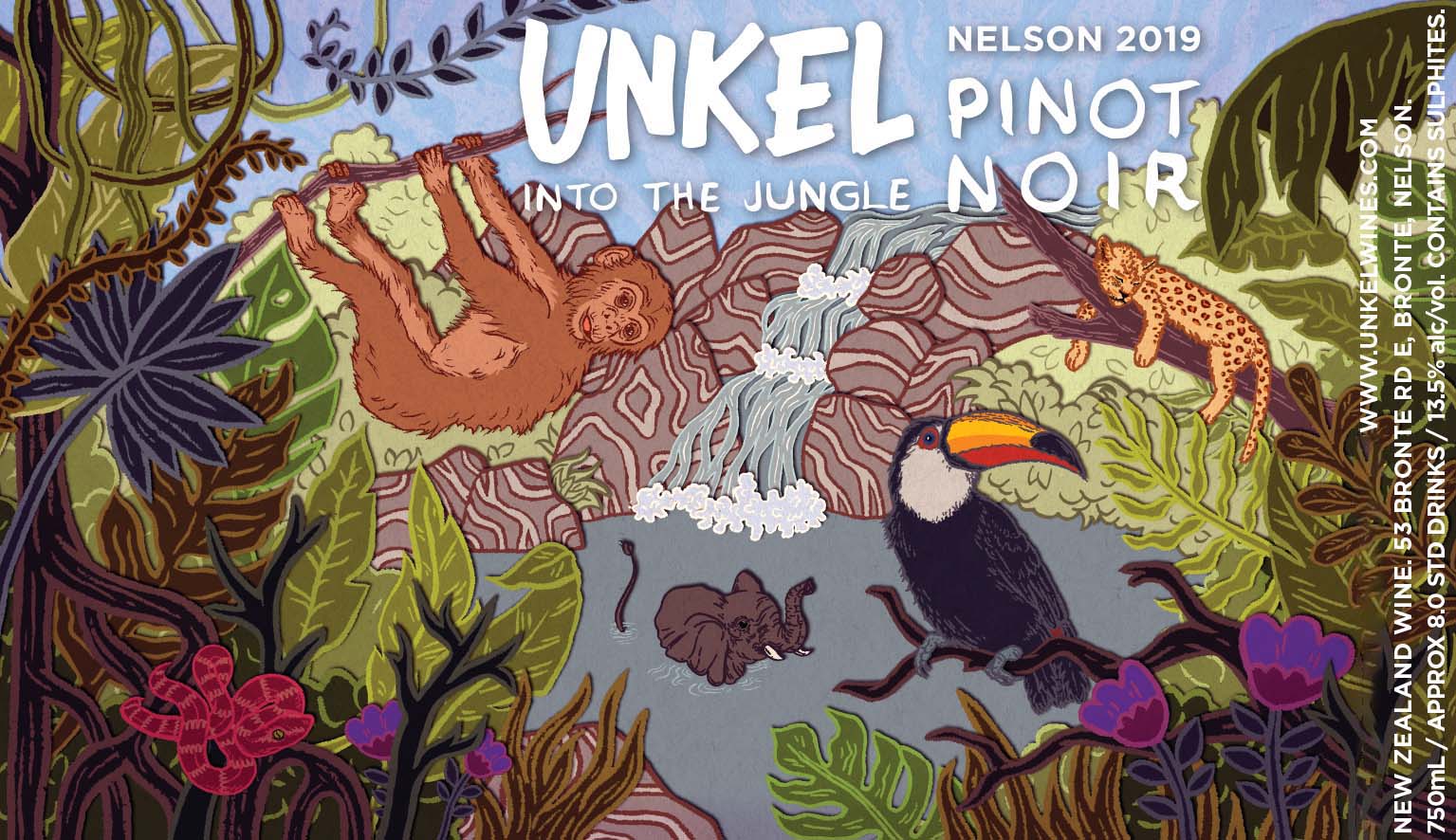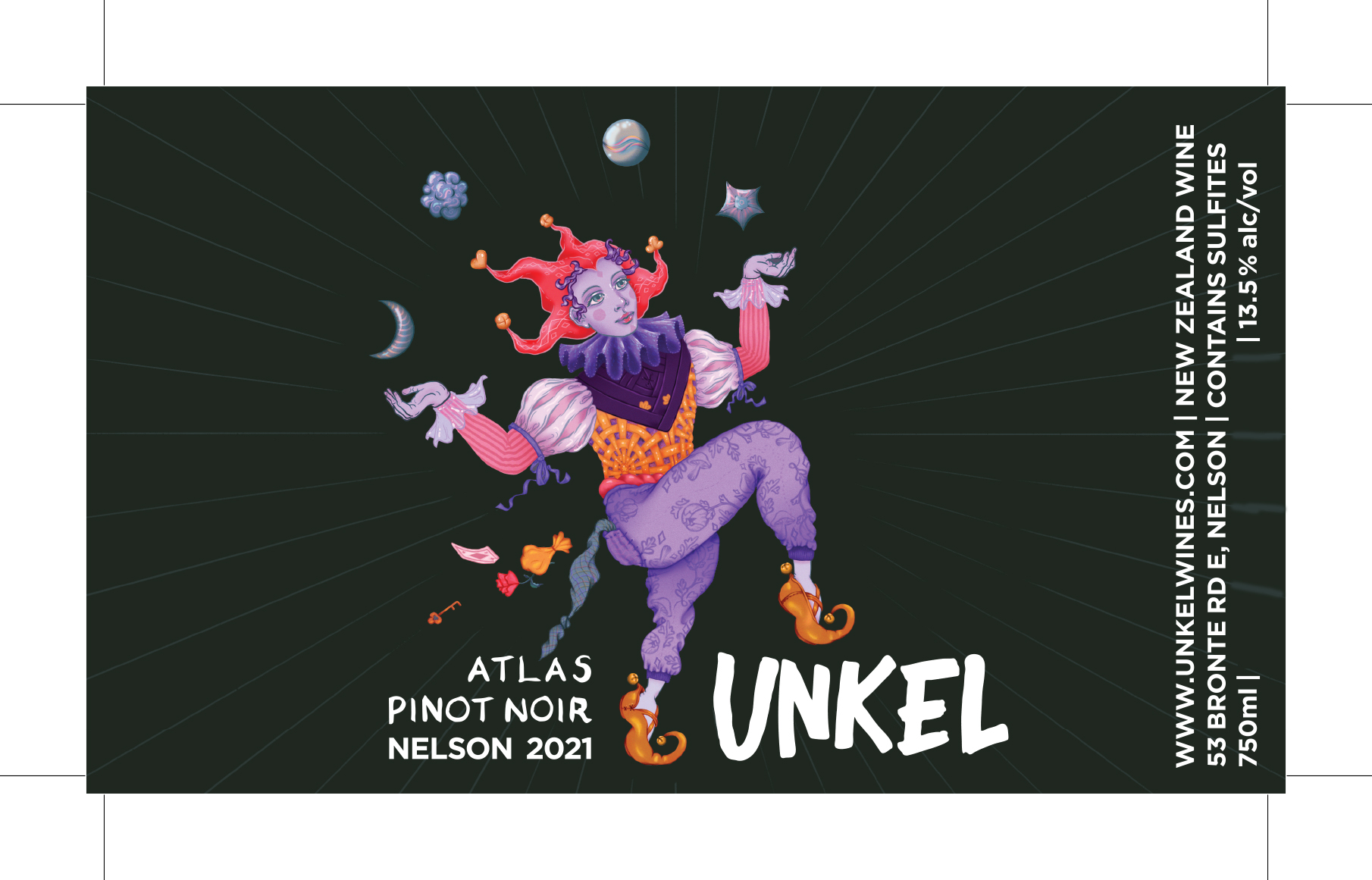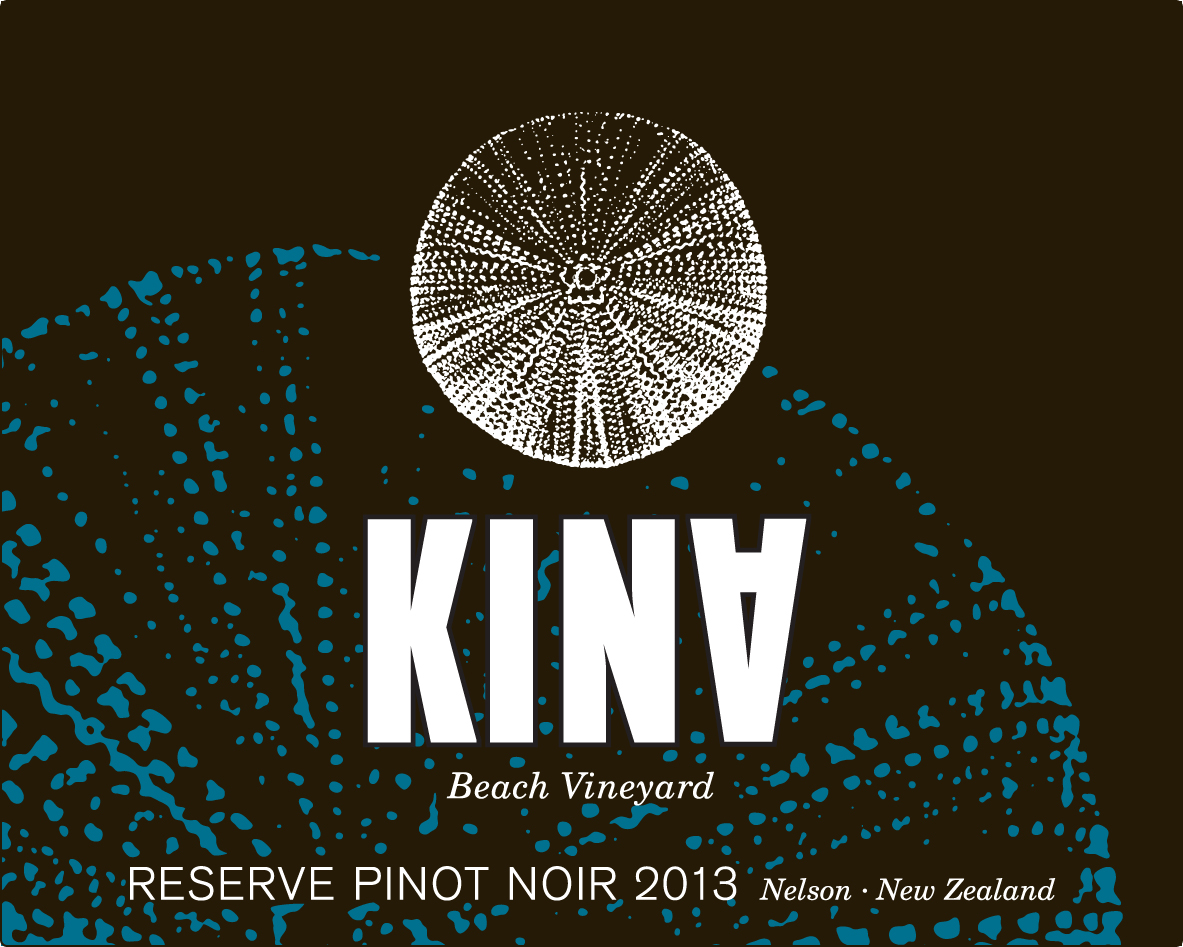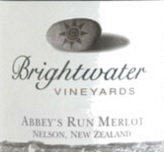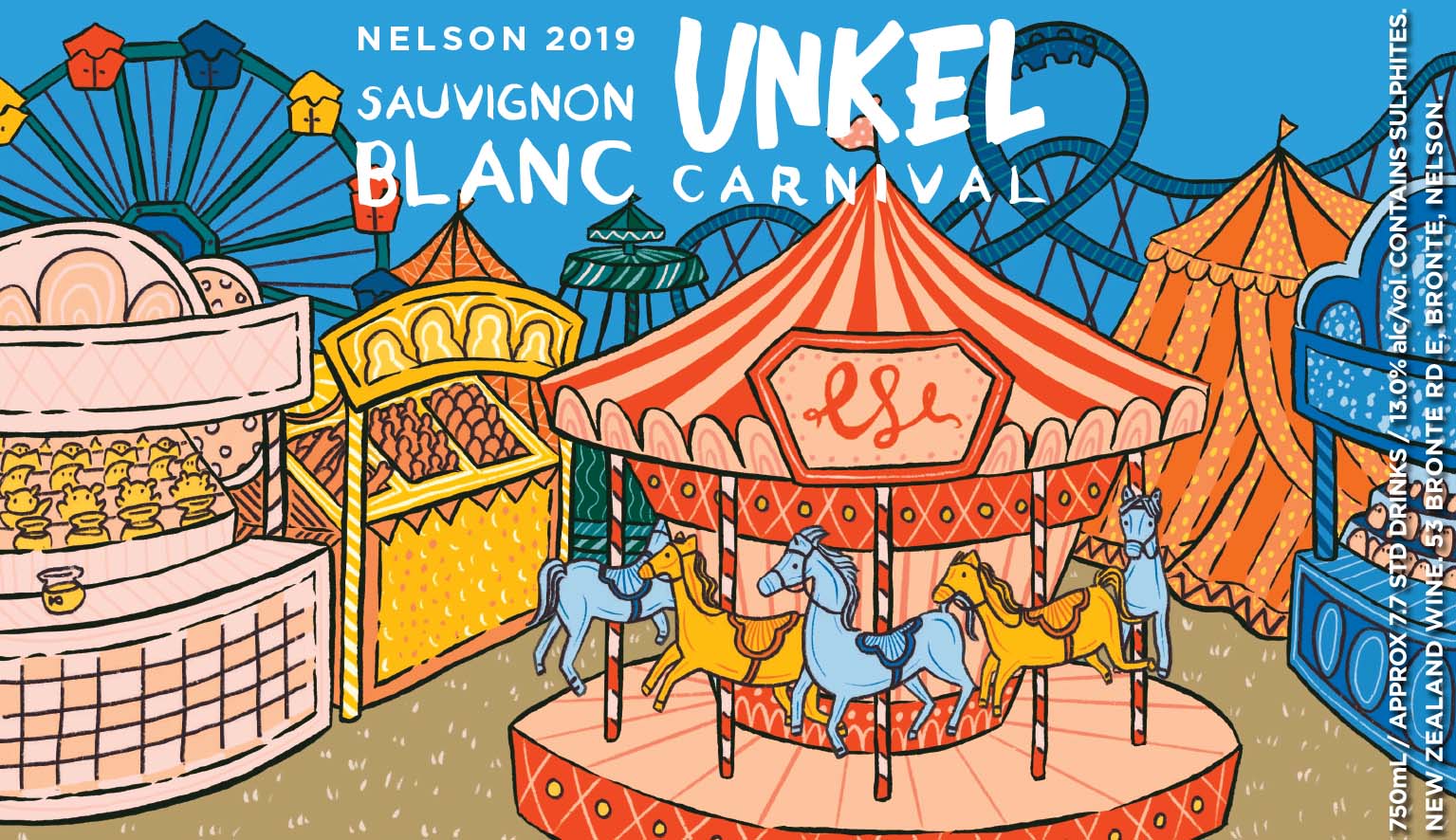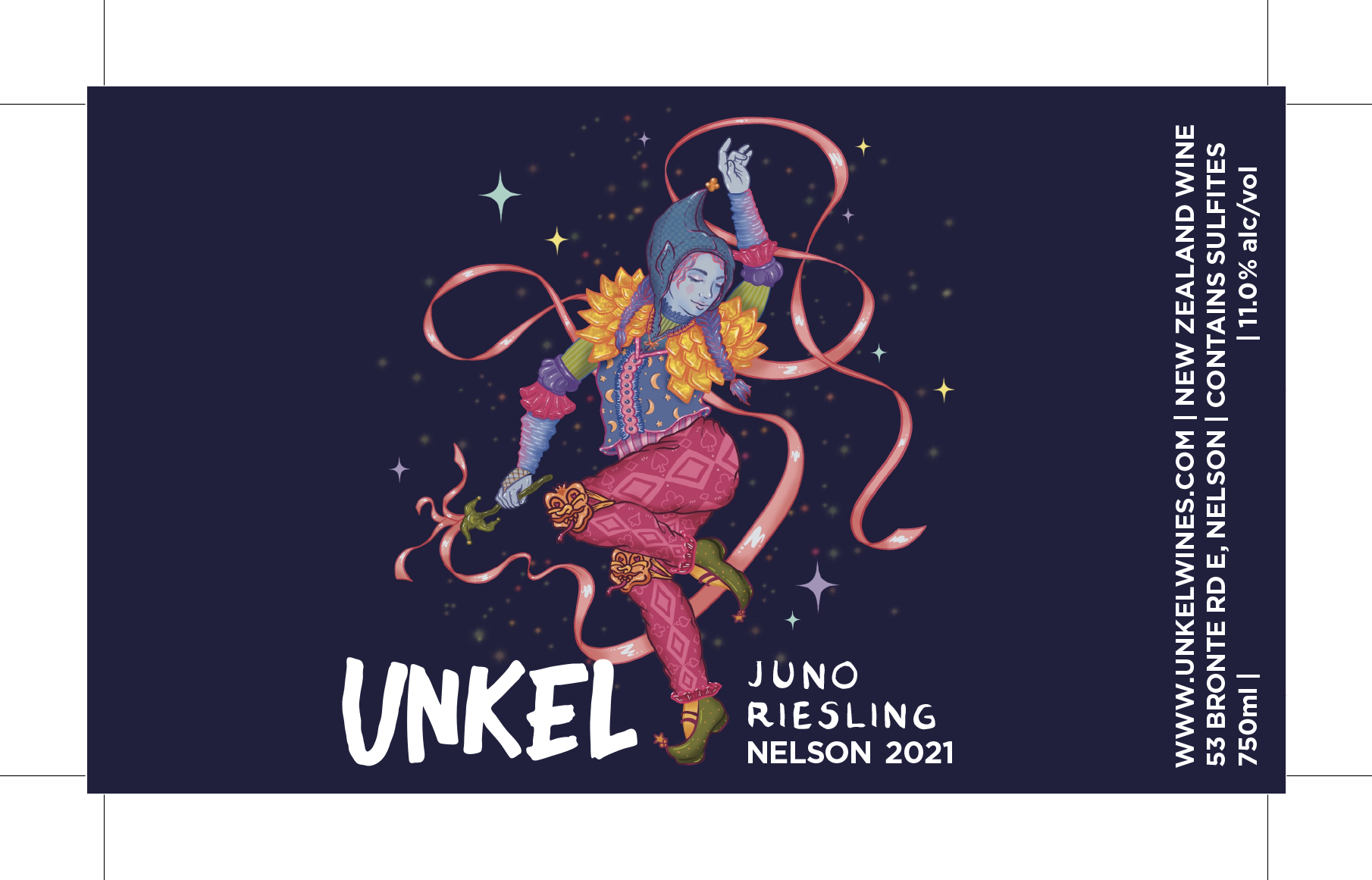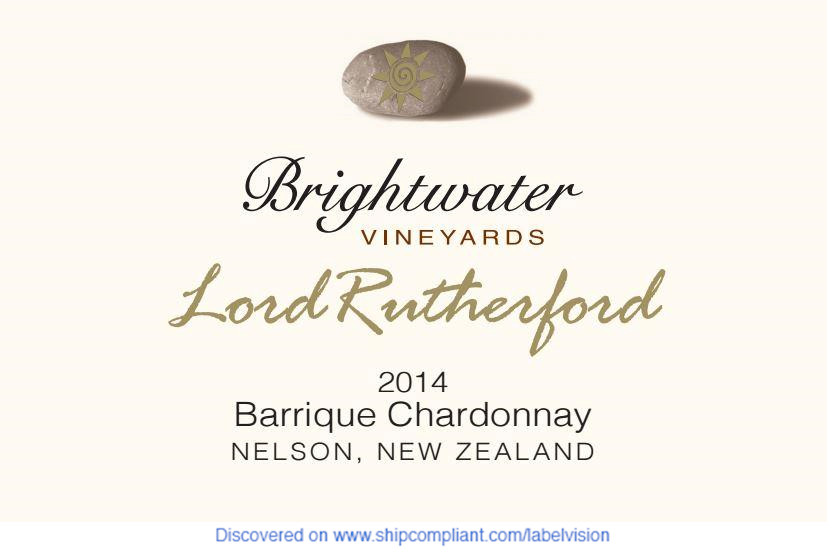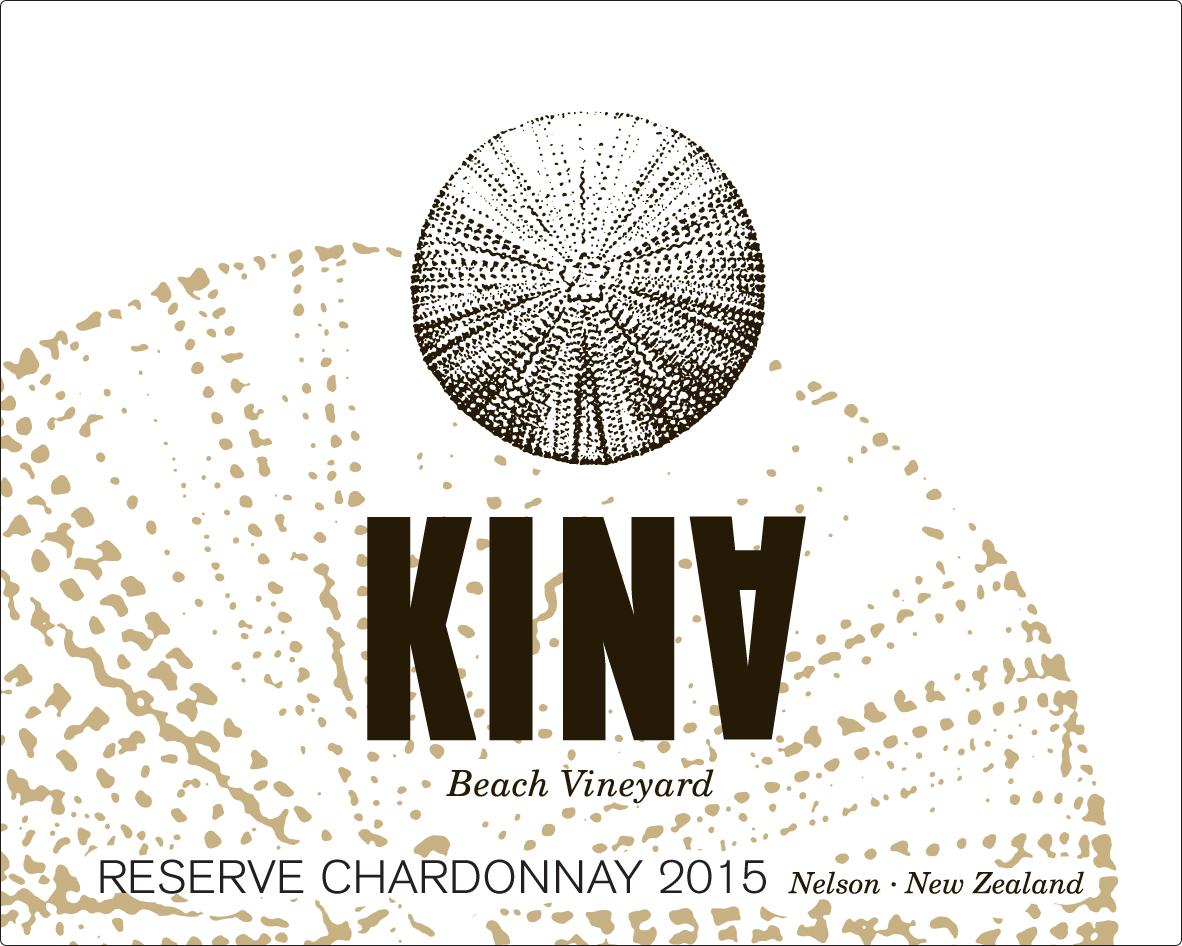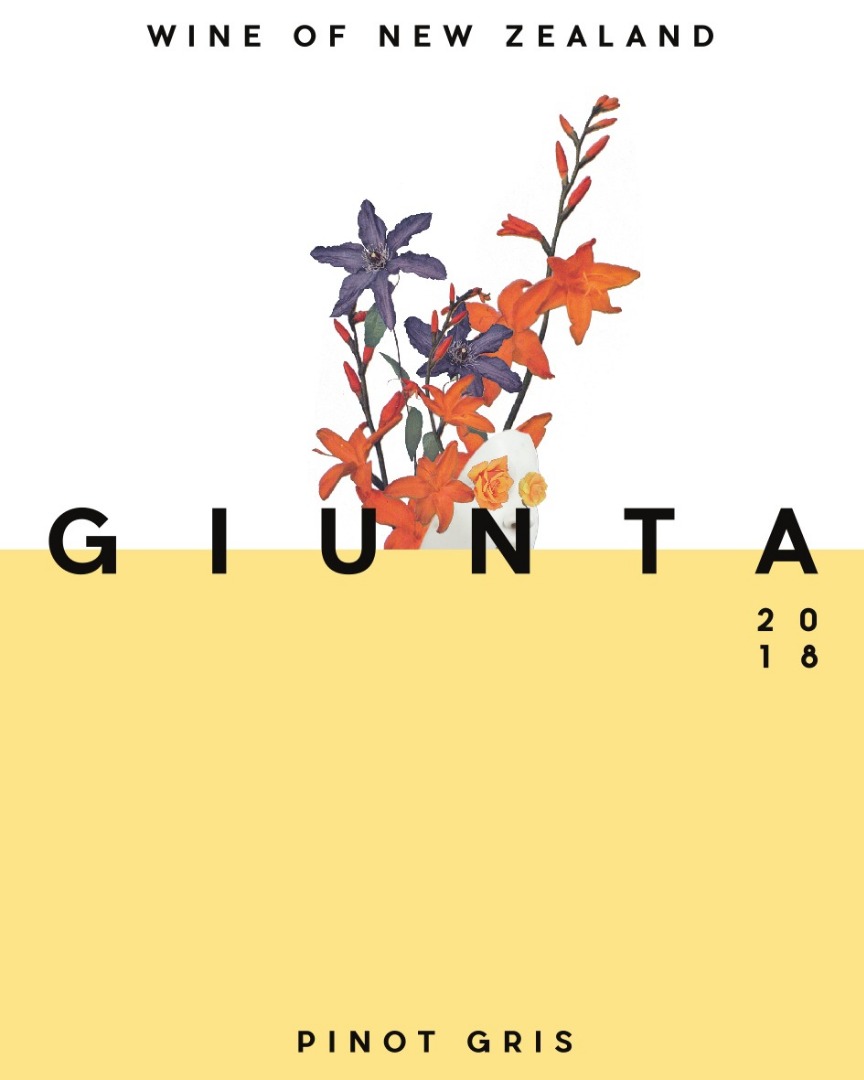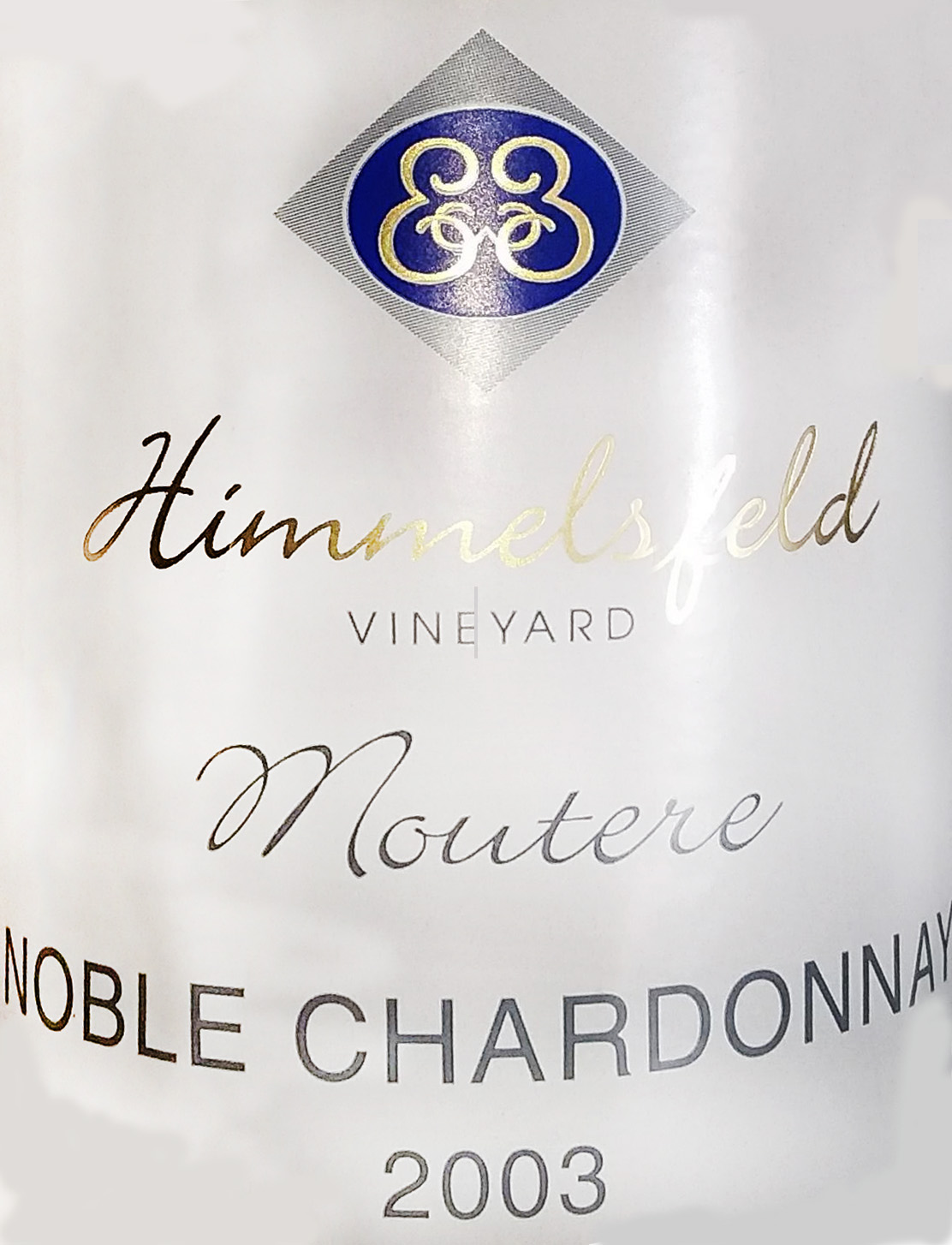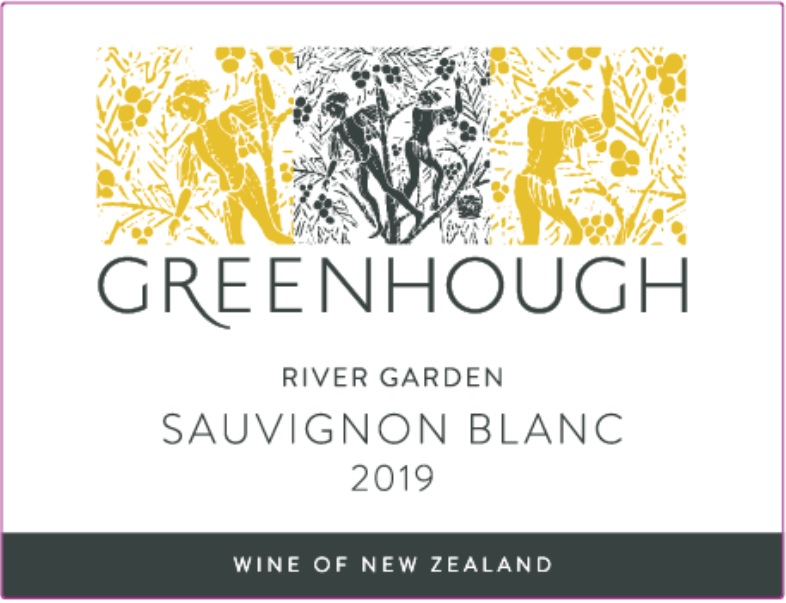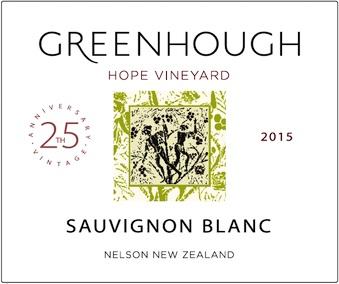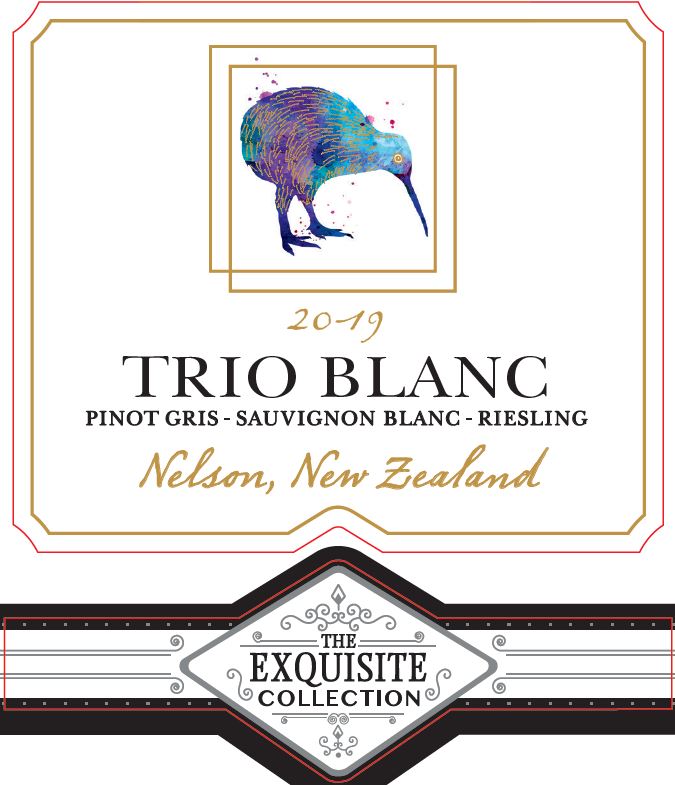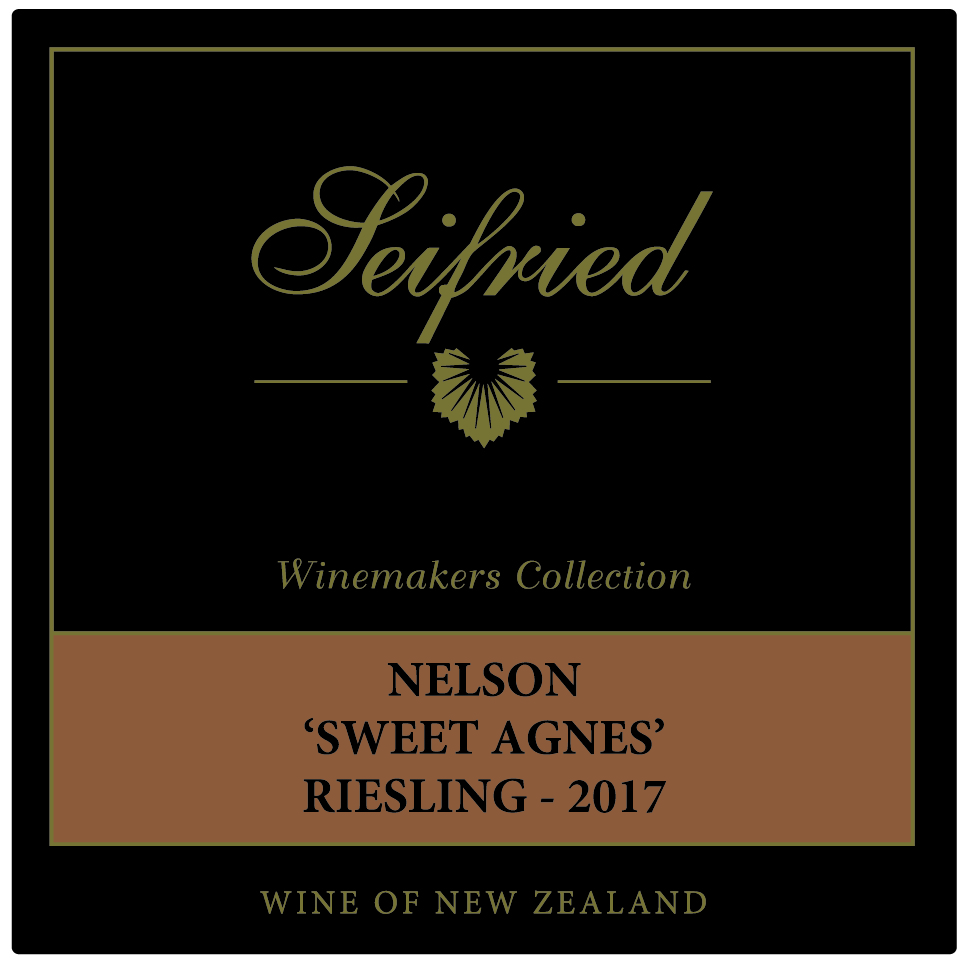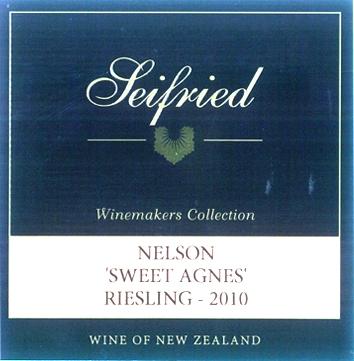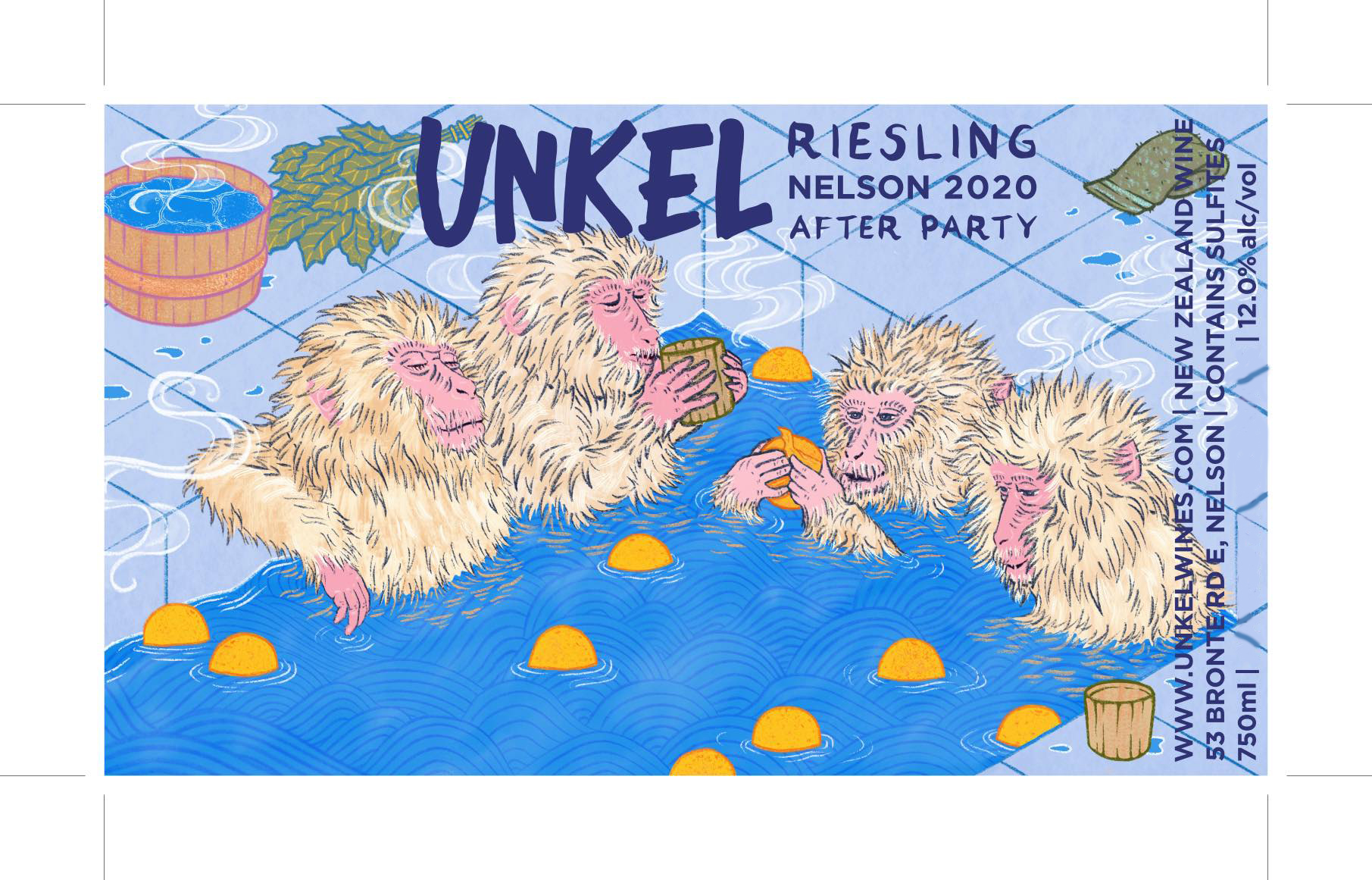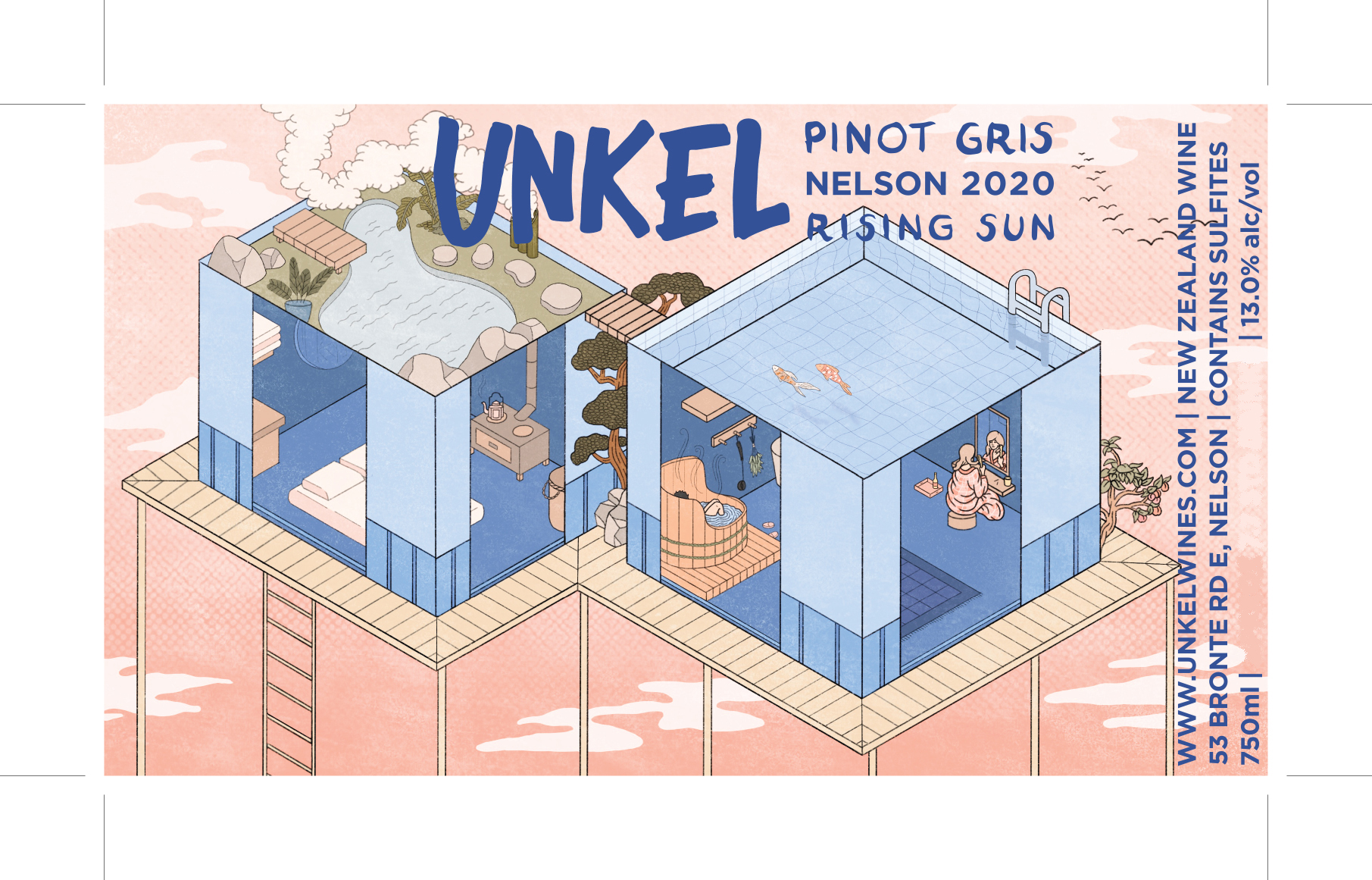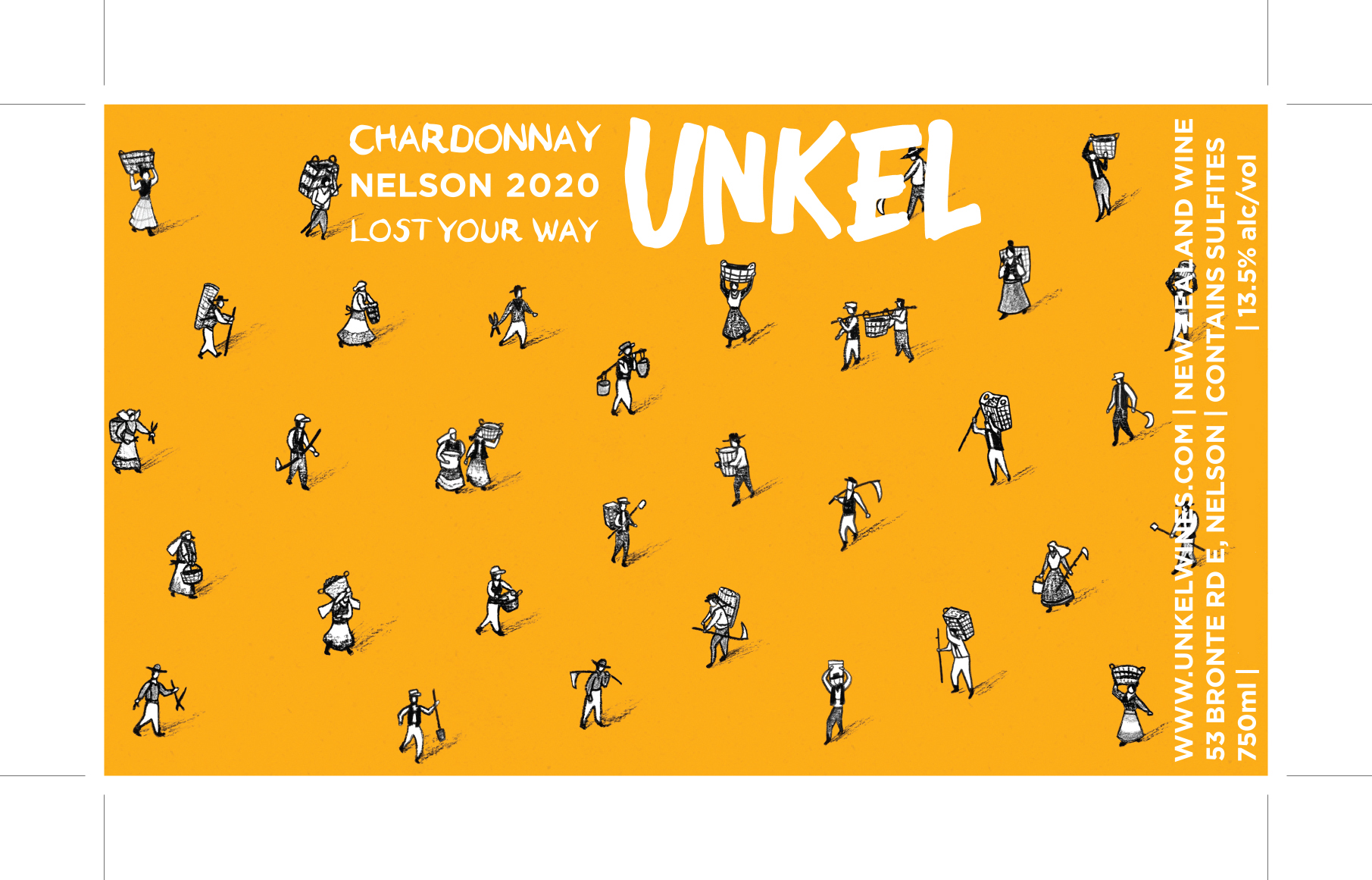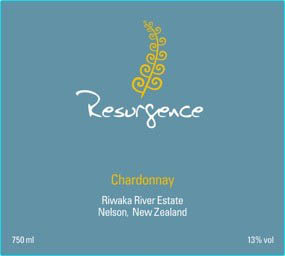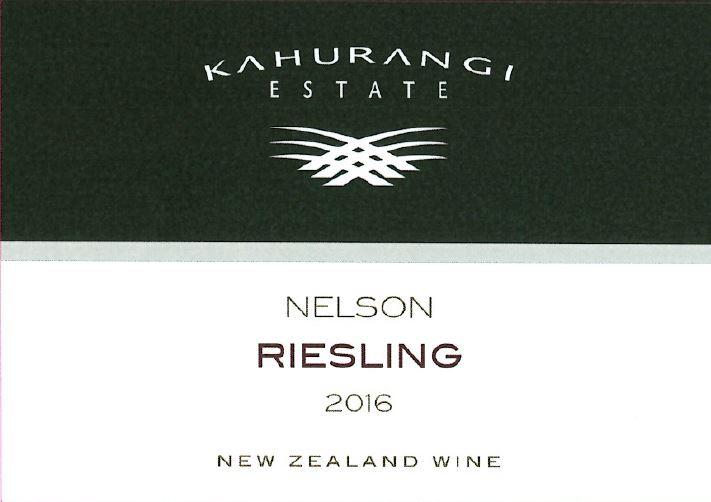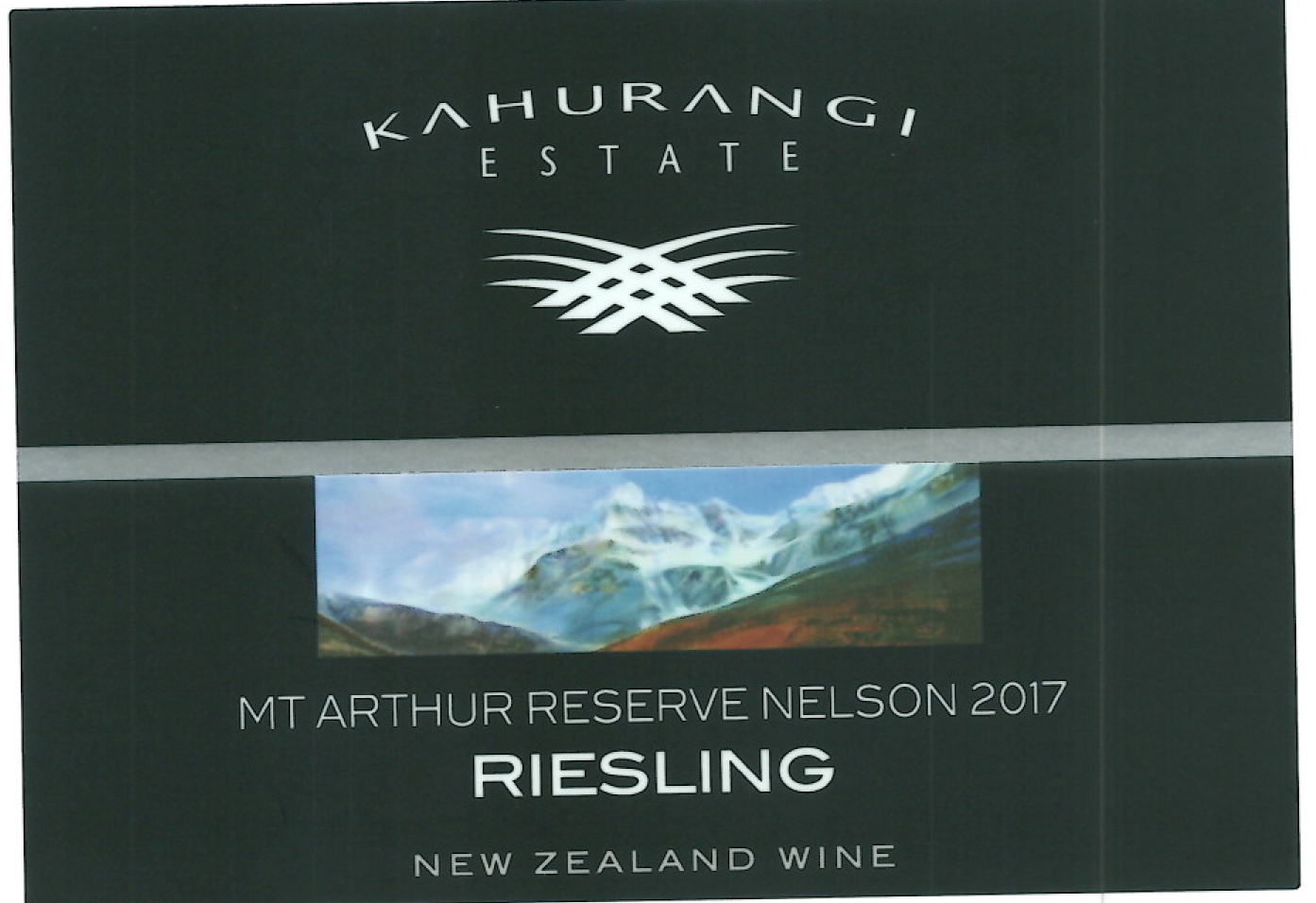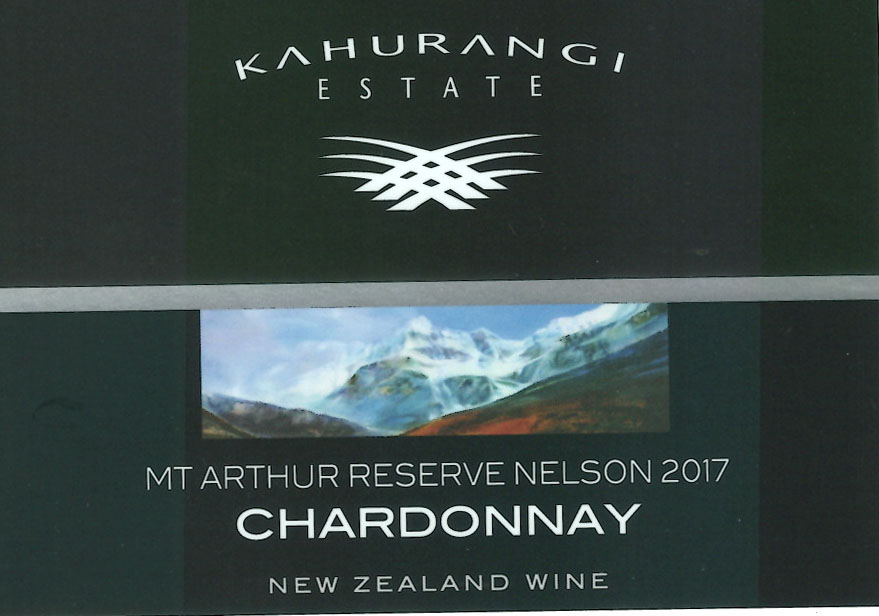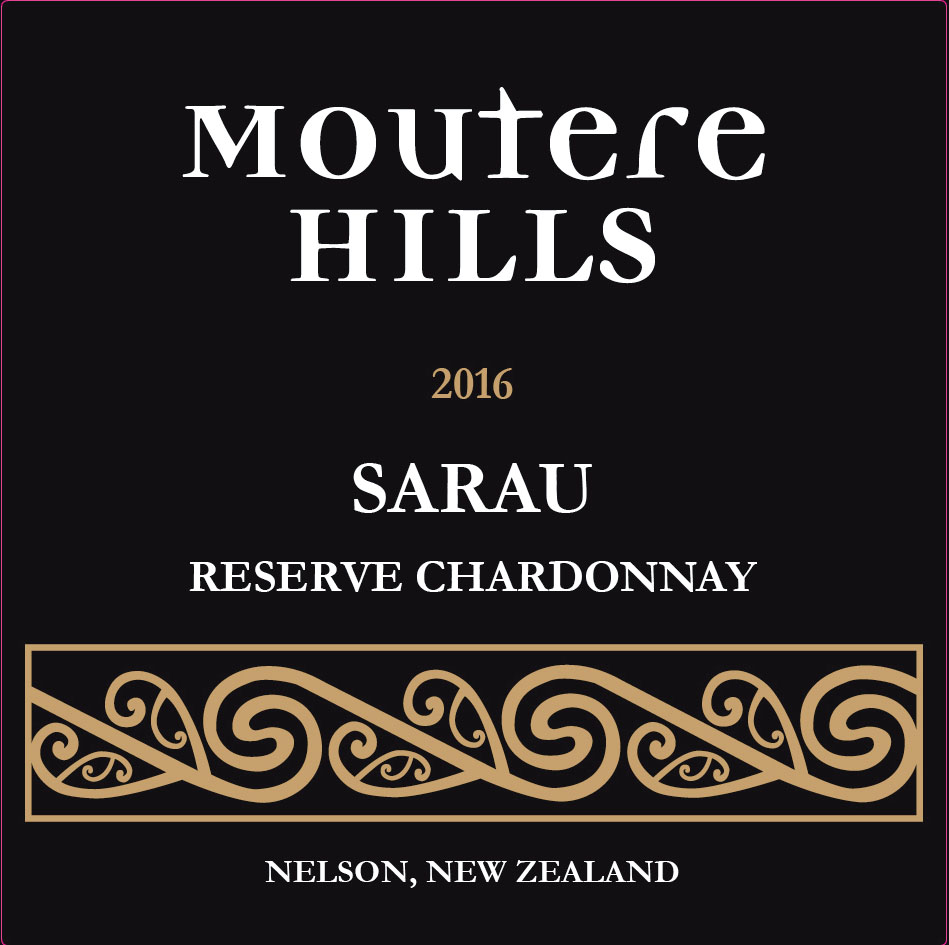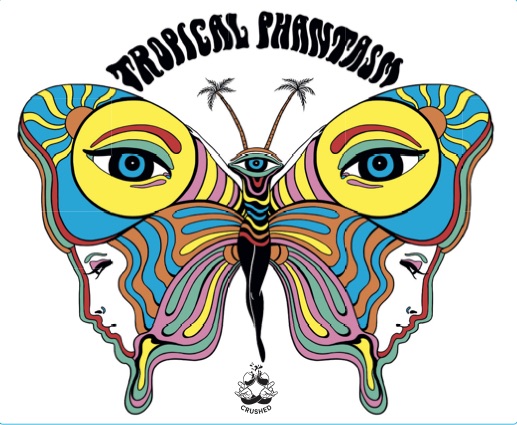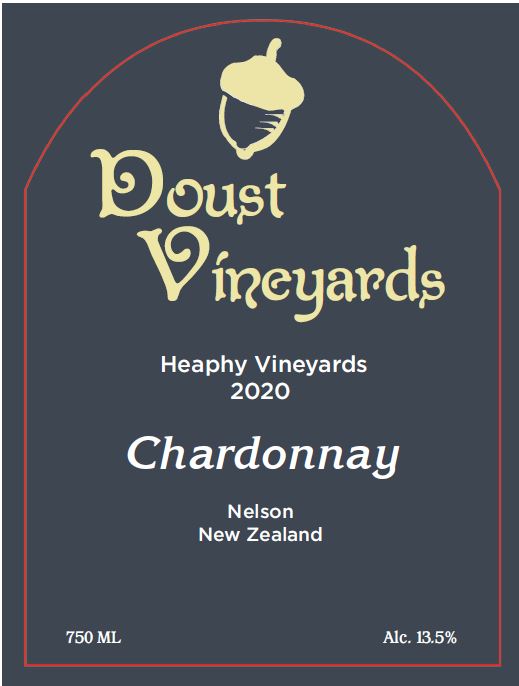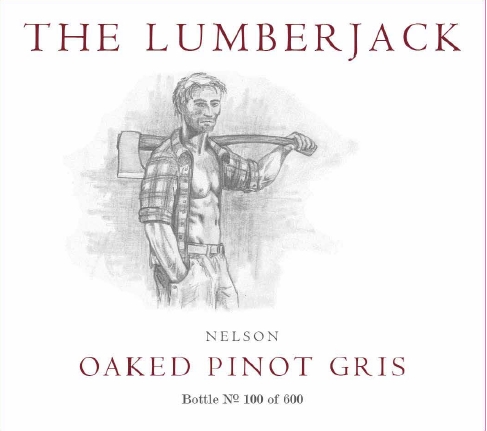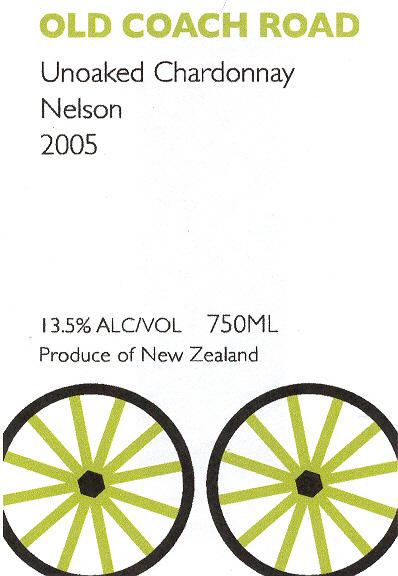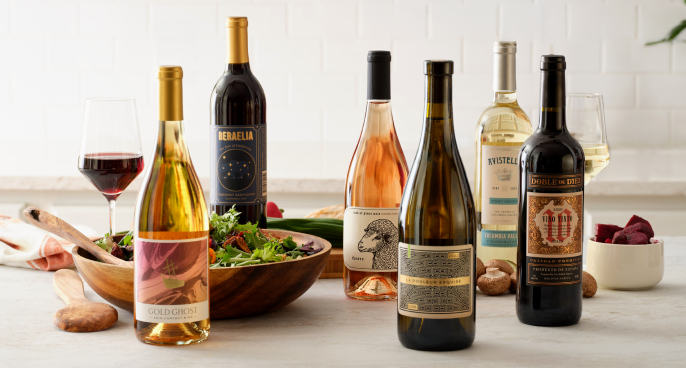Terroir of Nelson
Nelson's terroir is a blend of coastal and alpine influences that create a cool-climate haven for winemaking. Nestled at 41°S latitude, this region is cradled by mountains, which shelter vineyards from harsh weather. The sunny, maritime climate, with some of New Zealand's highest sunshine hours, ensures warm summers and mild winters, minimizing frost risk.
The long, dry autumns allow grapes to ripen slowly, enhancing flavors and maintaining acidity.
Nelson's soils vary from free-draining stony loams to gravel-threaded clay loams, adding complexity to its wines. The Moutere Hills and Waimea Plains subregions showcase distinct microclimates and soil compositions, each imparting unique characteristics to the wines. These conditions favor aromatic whites and Pinot Noir, producing wines with vibrant purity and balance, celebrated for their expressive aromas and refined textures.
Notable Wineries in Nelson
Nelson's wine scene thrives with a collection of notable wineries, each contributing unique flavors and stories. Here are a few of the standouts:
-
Seifried Estate: Established in 1973, this is Nelson's first modern vineyard, celebrated for its diverse range of wines and sustainable practices.
-
Neudorf Vineyards: Renowned internationally, especially for its Chardonnay and Pinot Noir, Neudorf is a pioneer in organic farming and quality winemaking.
-
Greenhough Vineyards: Known for its refined Pinot Noir and dedication to organic viticulture, Greenhough highlights the potential of Nelson's climate.
-
Richmond Plains: A leader in organic wines, known for innovative offerings like white Pinot Noir, emphasizing biodynamic practices.
-
Mahana Estates: Merges wine with art, offering organic wines and a captivating visit experience in Upper Moutere.
Sustainable Winemaking in Nelson
Nelson's wine industry showcases New Zealand's commitment to sustainability, with nearly every vineyard certified through Sustainable Winegrowing New Zealand (SWNZ). Embracing organic and low-impact farming, Nelson's winegrowers opt for natural pest control and minimize synthetic fertilizers.
The region is a leader in water conservation, with creative solutions like reservoirs and dry farming, ensuring grapes thrive with less water.
In the wineries, energy efficiency and waste reduction are paramount. Solar power, electric vehicles, and lightweight glass bottles help cut carbon emissions. Waste products like grape pomace are repurposed, aligning with the broader goal of achieving carbon neutrality by 2050. Nelson's dedication to eco-friendly practices ensures its wines are crafted in harmony with nature, preserving the environment for future generations.
Wine Tourism in Nelson
Nelson's wine tourism is a blend of scenic beauty and cultural richness, perfect for wine enthusiasts seeking an intimate experience. With 18 cellar doors nestled amidst stunning landscapes, the region invites exploration by bike or car, especially along the Great Taste Trail.
The Moutere Hills and Waimea Plains subregions offer unique wine experiences, with many wineries incorporating local art and cuisine, like Mahana Estates' art collection and Seifried Estate’s Harvest Kitchen. Nelson’s commitment to sustainability is evident, with organic practices and eco-friendly innovations. Beyond wine, the region boasts natural wonders such as Abel Tasman National Park, offering a mix of outdoor activities and relaxation. Nelson's welcoming approach, where winemakers often serve guests, enriches the tasting experience, making it more than just about the wine but also about the land, people, and lifestyle that define this charming corner of New Zealand.

